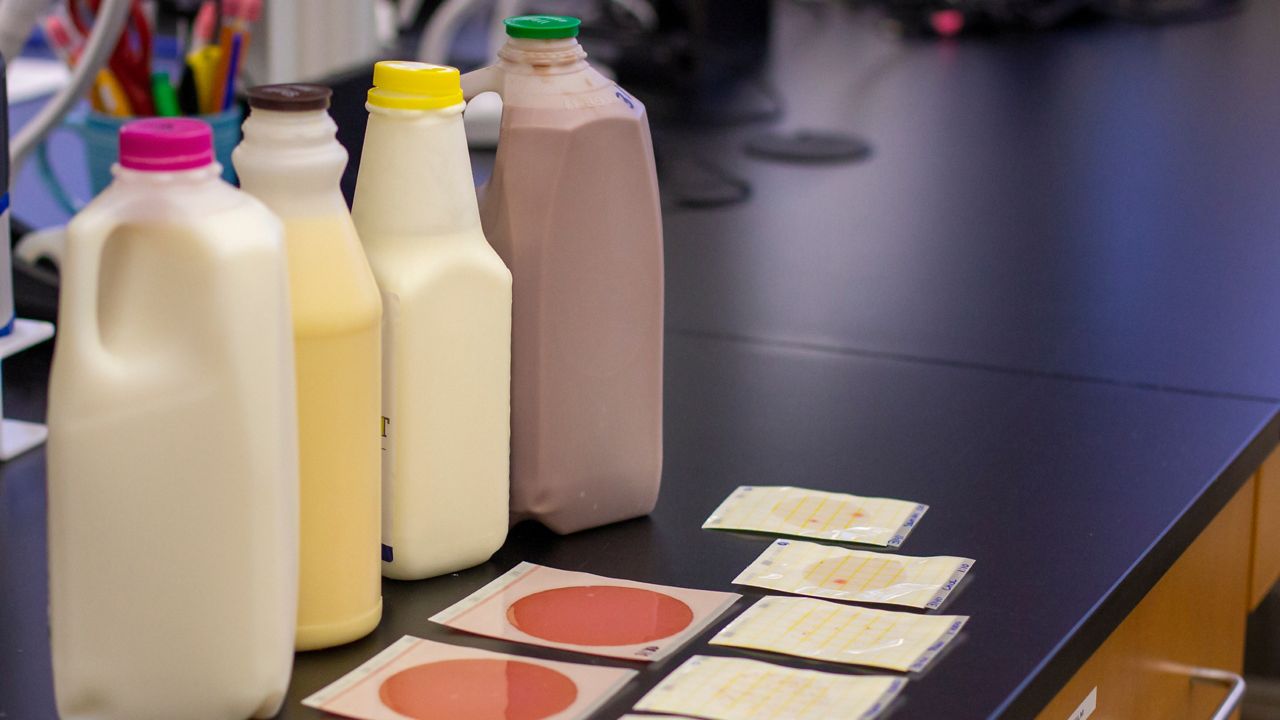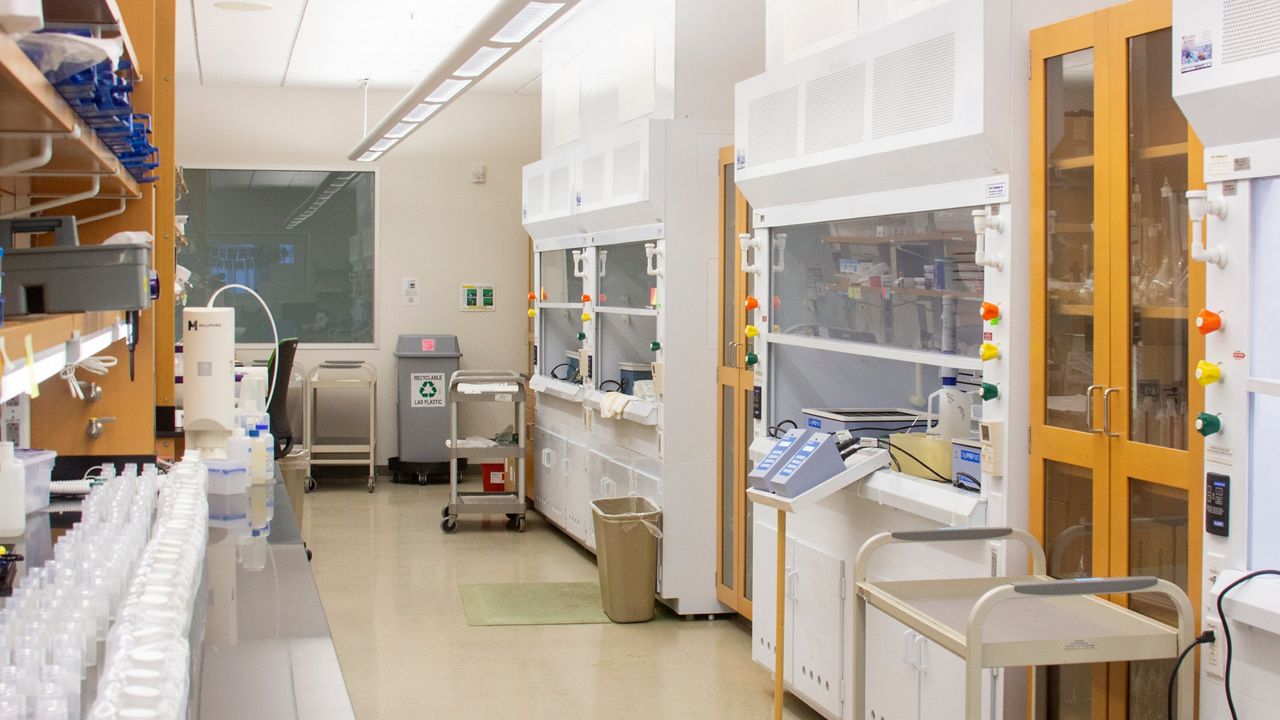NORTH CAROLINA — The Association of Public Health Laboratories calls $337 million in American Rescue Plan funding meant to bolster the workforce of labs nationwide "historic."
What You Need To Know
- American Rescue Plan includes $337 million for public health lab workforce
- Money will go toward fellowships and expanded training
- Public health labs provide variety of services to communities
- APHL says investment in labs at historic low before pandemic
"Pre-pandemic, we were actually at a pretty historic low in terms of funding and support for infrastructure. A number of years prior to the pandemic, we've seen people leaving the field, and they haven't been able to be replaced because the funds just haven't been there," said APHL CEO Scott Becker. "This was really a perfect storm. When we have this global pandemic, and we don't have the workforce to handle what came at us. And I think we saw what the results of that really were."
Becker said that's an issue at the local, state, and federal levels.
Public health labs, like #NC State Laboratory for Public Health, play important roles in communities, from testing milk to performing air & water checks to screening newborns. @APHL calls $337 million in #AmericanRescuePlan to bolster labs’ workforces historic. @BN9 📸: NCDHHS pic.twitter.com/MaXkOXGiJp
— Sarah Blazonis (@SarahBlazonis) June 28, 2021
"Prior to the pandemic, the funding that we have for fellowships and internships, things like that, were at about $2.5 million a year. So, we're going from $2.5 million a year to a total of $337 million over a few years. That's really going to bolster this system," Becker said.
According to APHL, the rescue plan funds will go toward fellowships, expanding training and strengthening the pipeline to get people into public health lab careers.
"This investment in our public health laboratory workforce of this size has not been seen before but is absolutely critical right now," said Dr. Scott Shone, director of the North Carolina State Laboratory of Public Health.
Shone said he's experienced firsthand what this funding can mean. He was awarded an emerging infectious diseases research fellowship from the CDC and APHL after graduate school. He said it was key to him learning about the opportunities in public health lab work.

"I've taken that work in that fellowship and come up in my career through the public health lab to now be a director of a state public health laboratory, which largely was the intention of such a fellowship," said Shone.
Colleagues both within the NC lab and nationwide benefited from that same fellowship, according to Shone.
"The unfortunate part of that story is that those fellowships were eliminated over time due to funding restrictions. So, this money that's going to public health workforce will help reinstate those types of programs and help with fellowships," said Shone.
The thing about public health labs, Shone said, is that when everything's going well, the community may not even know they're there. Still, their work impacts a number of aspects of daily life. Shone said some of the work his team takes on includes infectious disease testing. That took center stage during the pandemic but is also important outside of emergencies. They also do lead testing, monitor water quality to make sure it meets EPA standards, perform routine screenings on newborns, and are prepared to respond to emergencies like bio and chemical terrorism. The Florida Department of Health did not respond to multiple requests from Spectrum News for an interview about the work done by public health labs in Florida.
Shone said there are a number of possible career paths within public health labs. He also noted steps have to be taken to sustain this initial investment so labs are able to keep on new hires gained.




